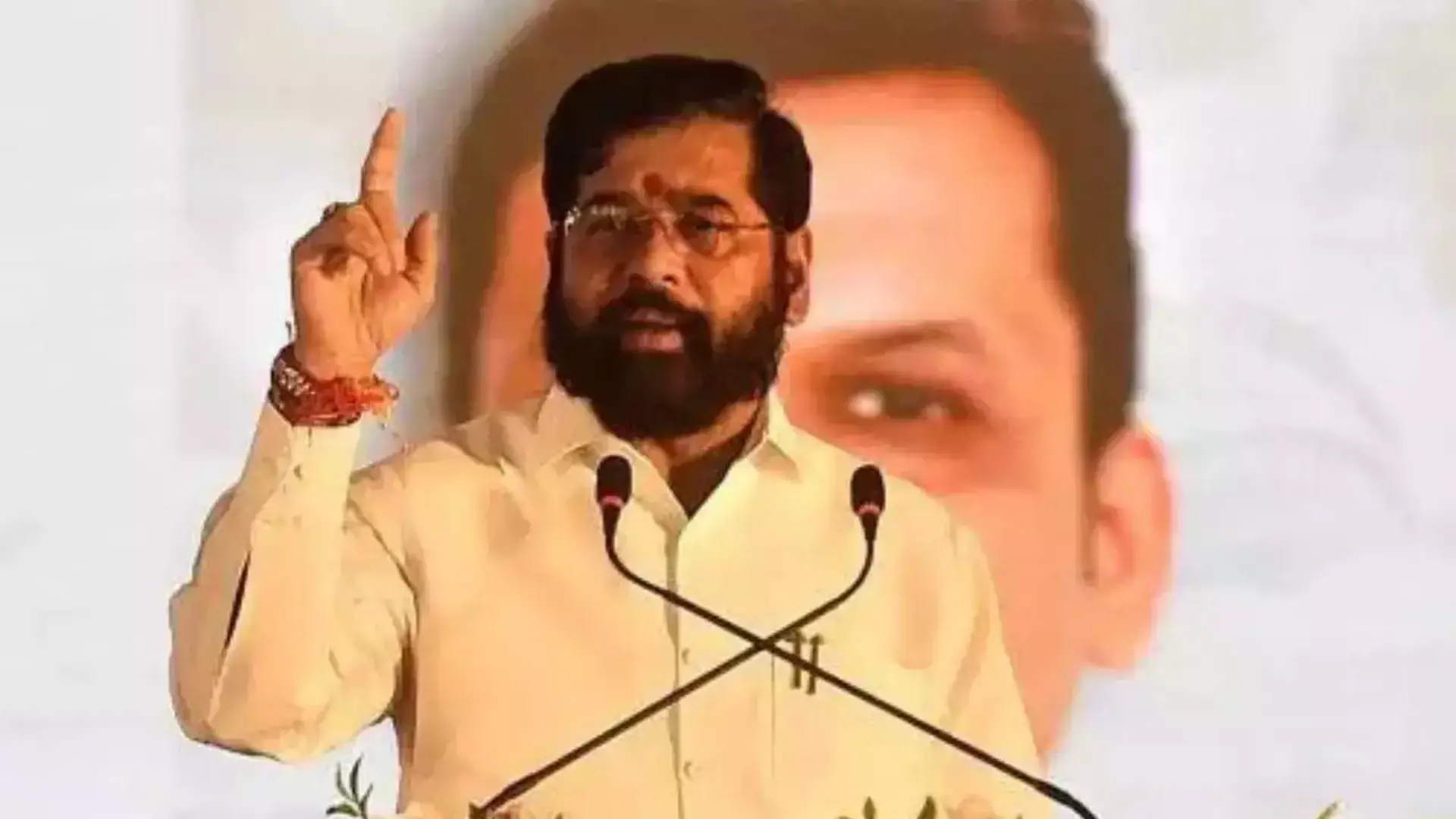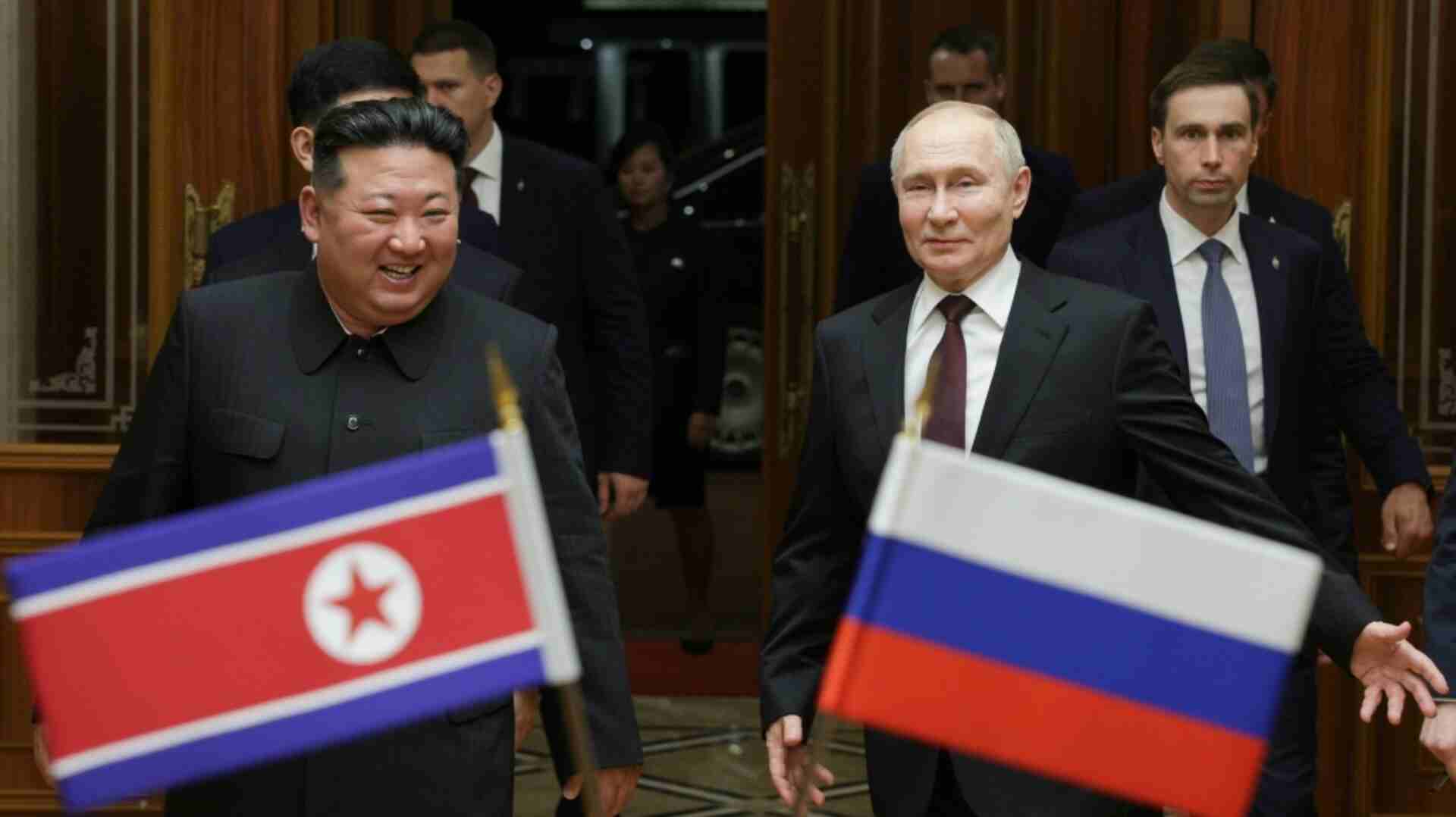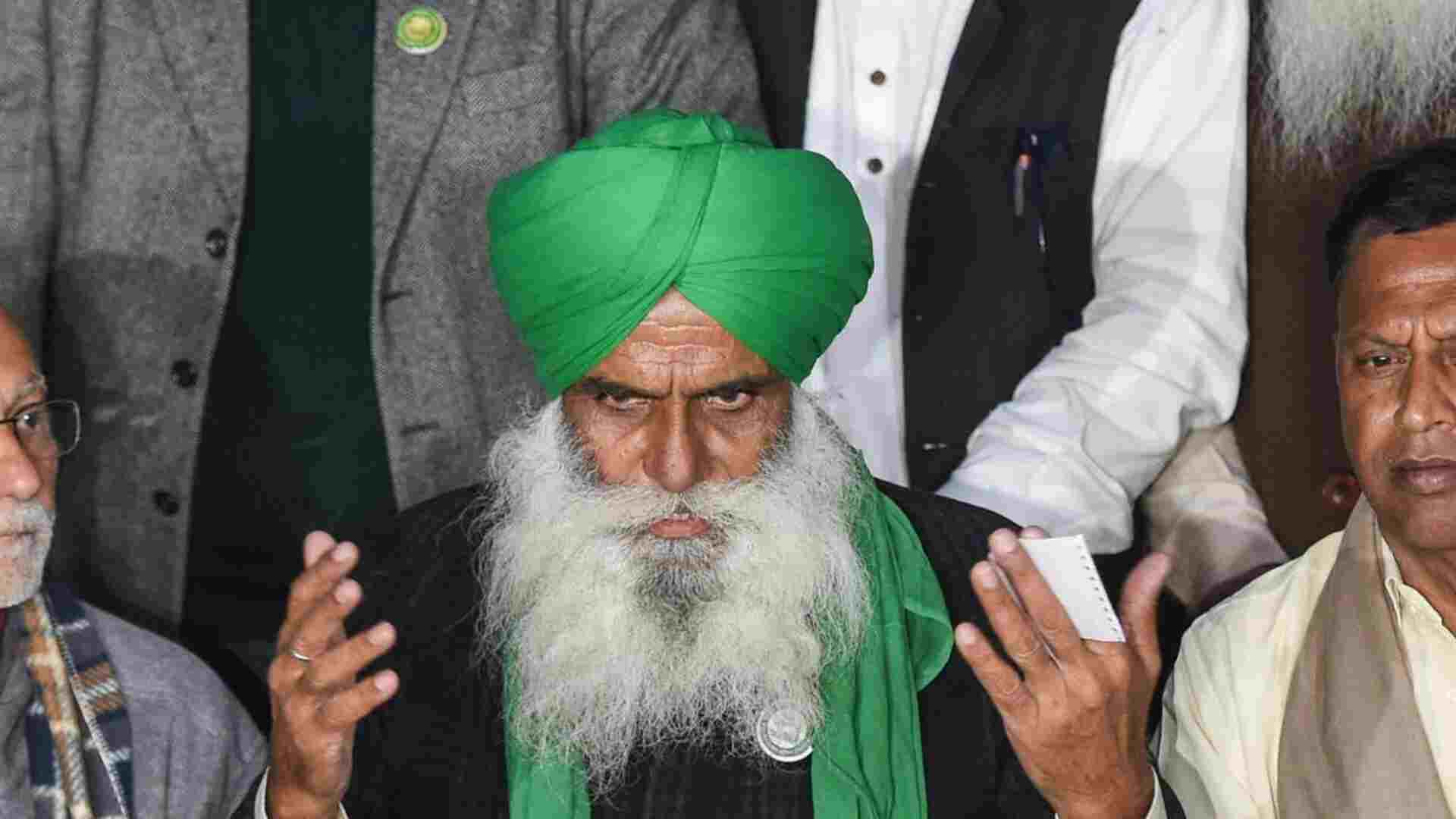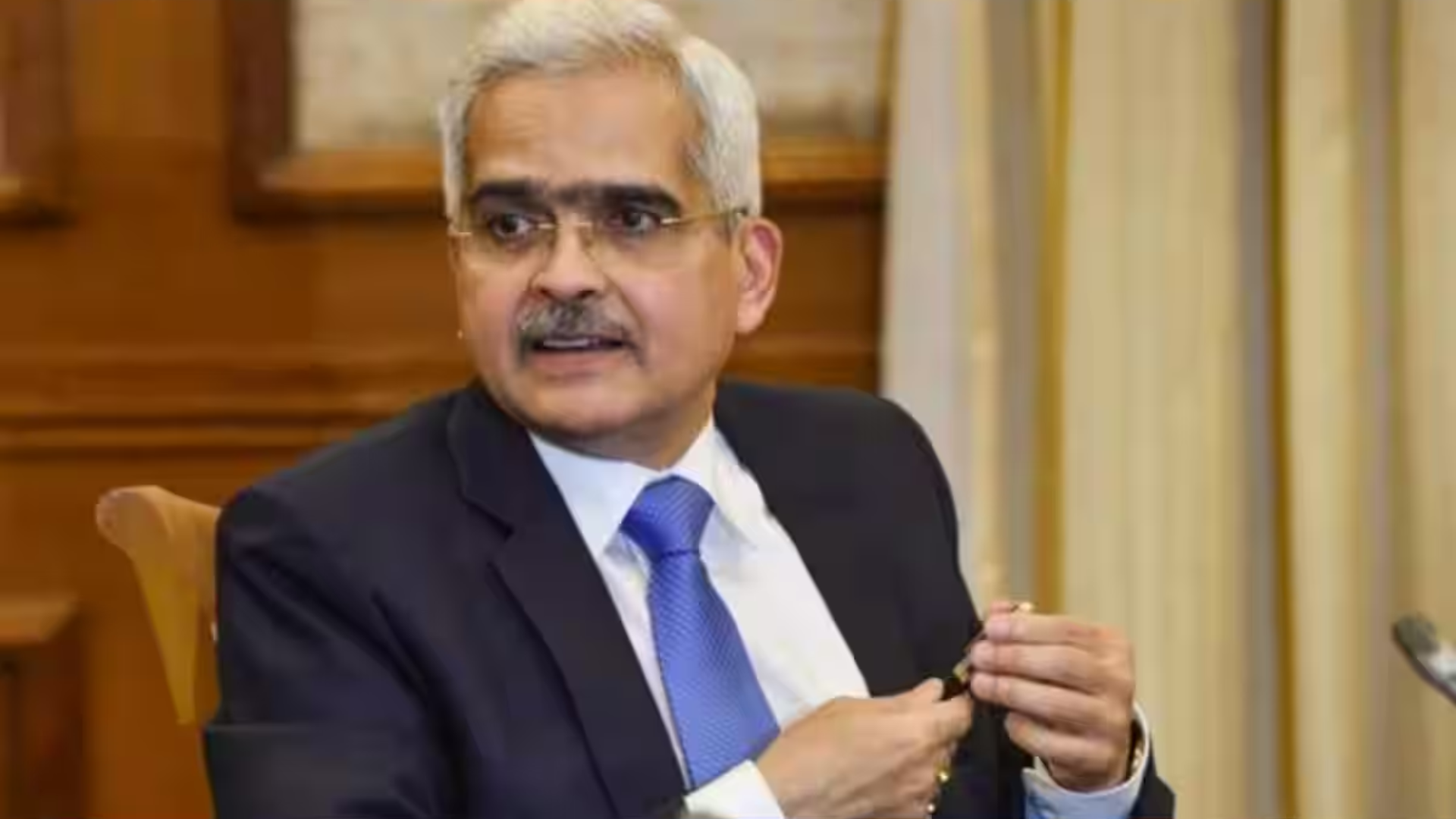
This time, there is a twist in the tale, or a variation in the standard Bollywood formula. Tiger 3, the latest offering from the YRF Spy Universe, declared to be a box-office hit by the trade pundits has thereby resurrected the fortunes of aging superstar Salman Khan. After a series of successive flops, Salman Khan’s future hinged on this film. The film world can be notoriously cruel and had this film too met a fate similar to that of his other recent releases he could have been written off by many as a has-been. Now Tiger 3 is not a particularly well-made film, even by mainstream standards. Many scenes are unoriginal, the dialogues are not particularly memorable, and while Salman Khan does his best, acting has never been his strong suit. The songs too are not great. How then has the film managed to grab the audience’s interest? One suspects that is because of the twist in the tale.
It is one thing to battle terrorism and evil, finish off the bad guys, and make the world, ipso facto, a safer place. That has been the standard formula thus far. It is a different matter, a far nobler action, one might say, when the hero battles the military in the neighbouring state, foils the attempted assassination of a female prime minister and thereby prevents a military coup from taking place.
The famed psychologist Sigmund Freud wrote on how our dreams often represent wish fulfilment. Does Indian cinema too often represent unfulfilled fantasies of the Indian public? A while ago in An Action Hero, a Dawood Ibrahim like figure is neutralised by Ayushman Khurana. It was an excellent film but the idea was not original for Dawood Ibrahim had already been killed by RAW agents in D-Day, another Bollywood production. And now in Tiger 3 Bollywood has gone a step further and helped democracy survive in Pakistan. The fantasy in Tiger 3 is really about India, as a great magnanimous power humbling truant Pakistan. Therein lies its special appeal.
In a recent interview former RAW chief Vikram Sood rubbished the idea that a male RAW agent could ever be romantically entangled with a female ISI agent. Mr Sood may be a great sleuth but he possibly hasn’t watched enough cinema, and needs to learn the art of suspending disbelief. After all, if James Bond can have amorous relationships with Russian ladies in more than one film including in Golden Eye, why cannot Salman Khan have an attractive wife named Zoya who happens to be an ISI agent from neighbouring Pakistan? Katrina Kaif, who gets to play Zoya in the movie gets the chance to demonstrate that she can show and kick ass both. In a scene that will have front benchers drooling, and some of us on recliner seats in the multiplexes sitting up as well, she battles and downs a female Chinese martial arts expert inside a Turkish hamam wearing only a towel.
Attractive female partners from an adversary nation are not all that Bond, Tiger and Pathan share in common though. Bond has a female boss, the legendary ‘M’. In Tiger 3, Salman too reports to a female chief of the RAW. Female bosses appear to be in vogue for only a few months ago, in Pathan Shah Rukh Khan too had a female boss played by Dimple Kapadia. James Bond is, after all, a time-tested brand. What’s not to like, copy and paste here? Moreover, such casting nicely feeds into the nari mukti, or female empowerment narrative.
Tiger 3 does not paint the Pakistani public as evil but rather as victims of a cruel, grasping military. This is actually close to the truth. It is extremely doubtful if the film will ever be permitted to be screened in theatres in Pakistan, but it will nonetheless be widely watched on pirated videos smuggled into Pakistan and Afghanistan. Young boys and girls in Islamabad and Lahore eagerly watching Tiger 3 on video inside their homes, with curtains tightly drawn, may even cheer Salman on as he battles the Pakistani army, much to the consternation of their parents, a few of whom may actually be serving in the military.
Tiger 3 is likely to confuse Pakistani audiences who get to watch it. Were the hero not portraying an Indian agent, many would wish to cheer for a hero who battles their military in order to prevent the assassination of a prime minister. Towards the end of the film, the female Pakistani prime minister who is dressed up like Benazir Bhutto publicly thanks Tiger and RAW on Pakistani television for saving her life and democracy. Before Tiger is permitted to depart for his next mission, a group of Pakistani children play a patriotic tune for him as a token of their nation’s gratitude. As a nice little touch, one of the girls plays a sitar.
What’s next from Bollywood? Perhaps in Tiger 4 Salman Khan can take on both the Pakistani military as well as their Chinese overlords who are in cahoots with them in supressing democracy. That may be a bit much even for him. So perhaps just like superheroes often come together in the Marvel Universe, we could have a film titled Tiger and Pathan in which Salman handles the Pakistani military and Shahrukh Khan, the bigger star, deals with the Chinese? Do we want to miss out on a release in China? After all, Three Idiots made millions at the Chinese box office. However, China will, in any case, not allow a film that targets the Pakistani military to be screened in their country so it doesn’t really matter if they too are targeted. Not to worry. Even without a China release Pathan reportedly managed to do business of a thousand crores.
Indian cinema clearly needs to improve the quality of its offerings, but regardless and in the meanwhile, more power to Bollywood’s soft power!
Rajesh Talwar is the prolific author of thirty-eight books across multiple genres and has worked for the United Nations for more than two decades across three continents. His latest book is ‘Where Elephants Danced and Dragons Flew.’















